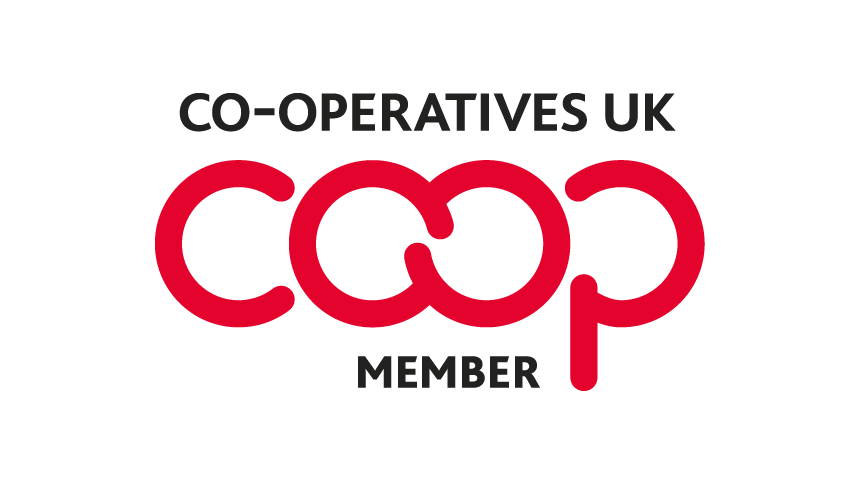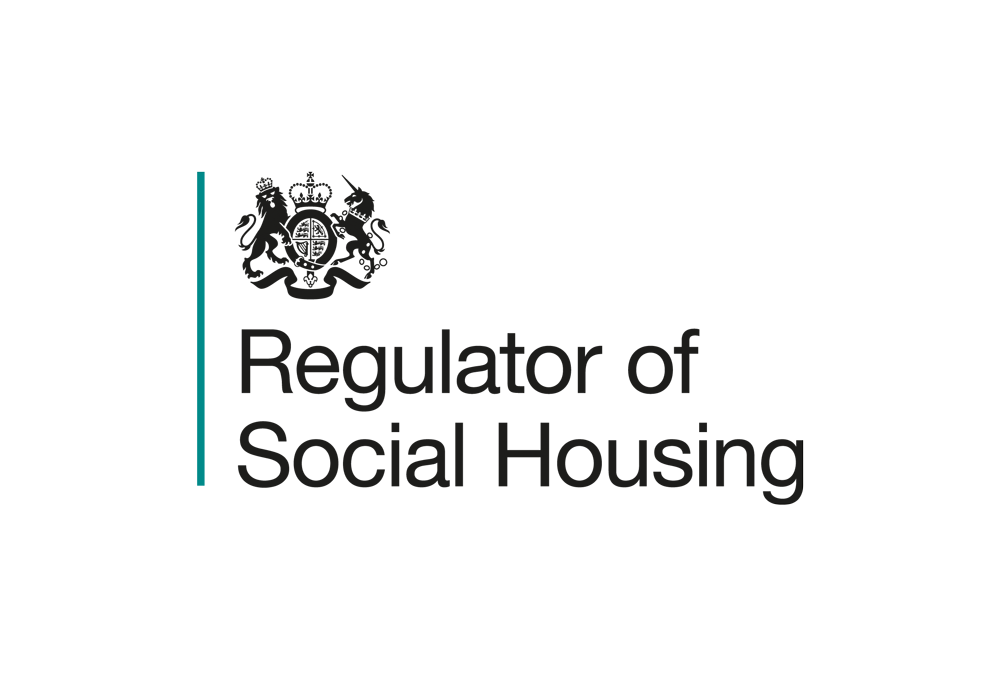A cost-of-living crisis can be challenging to navigate, but there are steps you can take to reduce its impact on your financial well-being.
Here are some strategies to consider:
- Budgeting: Create a comprehensive budget to track your income and expenses. Identify areas where you can cut back or find cost-saving alternatives. Prioritise essential expenses and allocate funds accordingly. Stick to your budget and regularly review and adjust it as needed.
- Saving money: Look for opportunities to save money in your daily life. Consider negotiating bills, shopping for discounts, using coupons, and comparing prices before making purchases. Saving even small amounts can add up over time and provide a buffer during a cost-of-living crisis.
- Efficient energy usage: Take steps to reduce your energy consumption. Unplug electronics when not in use, use energy-efficient light bulbs, adjust your thermostat, and insulate your home to minimise utility costs. Conserving energy not only reduces your expenses but also benefits the environment.
- Transportation alternatives: Assess your transportation costs and consider alternatives to reduce expenses. Use public transportation, carpool, or bike/walk whenever possible. If owning a car is necessary, explore options like car-sharing services or downsizing to a more fuel-efficient vehicle.
- Education and skill development: Invest in your education and skills to enhance your earning potential. Consider pursuing additional training, certifications, or higher education that can lead to better job opportunities or promotions. Continuous learning and professional development can help you stay competitive in the job market.
- Supplemental income: Explore opportunities to generate additional income. Consider part-time or freelance work, monetising hobbies or skills, or starting a small business. Be realistic about the time and effort required and ensure it doesn’t interfere with your primary job or personal well-being.
- Social support: Seek assistance from social support programmes and community organisations that provide resources for individuals facing financial challenges. These may include food banks, utility assistance programs, rent subsidies, or employment services. Additionally, connecting with support groups or community networks can provide emotional support and valuable information.
- Financial planning and advice: Consider consulting with a financial advisor or counsellor who can provide guidance specific to your situation. They can help you develop a personalised plan, optimise your financial strategies, and provide insights on managing a cost-of-living crisis.
- Advocate for change: If you are experiencing the impact of a cost-of-living crisis, consider getting involved in local advocacy efforts. Engage with community organisations or participate in discussions to raise awareness and advocate for policies that address the underlying causes of the crisis.
Remember, navigating a cost-of-living crisis requires careful planning, resourcefulness, and adaptability. Each individual’s situation is unique, so tailor these strategies to fit your specific circumstances.









